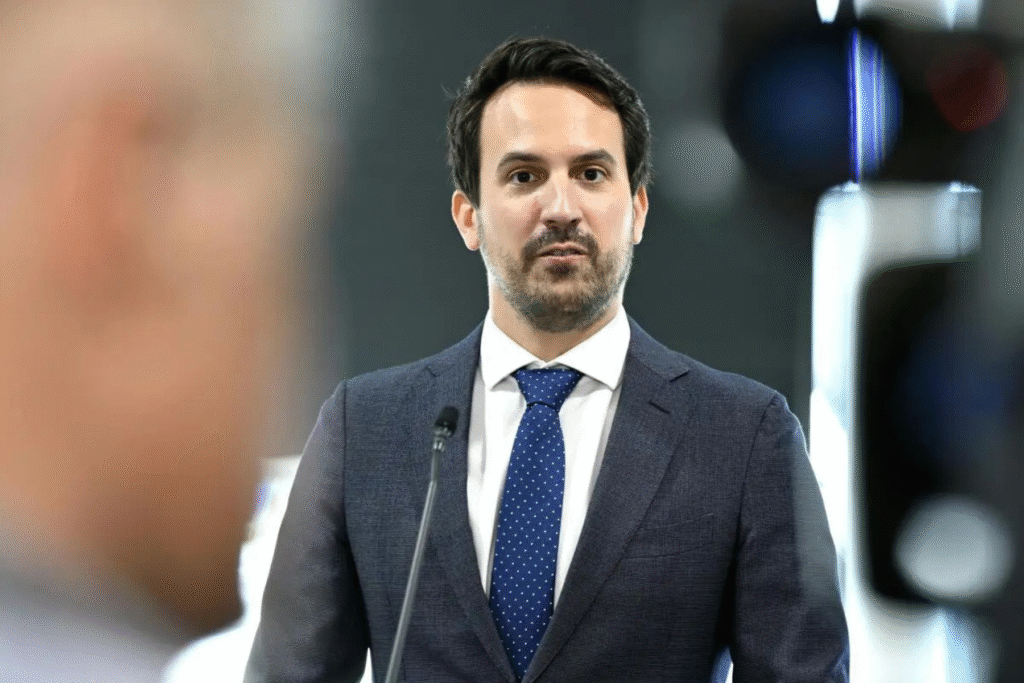
Starting in October, Austria’s universities of teacher education (Pädagogische Hochschulen, PH) will launch the new elementary school teacher training program. The bachelor’s degree will now take three years instead of four, while the master’s will be extended by one year to a total of two. At the same time, training is intended to become more practice-oriented, and the master’s program will be easier to complete alongside employment. According to the Education Ministry at a press conference on Monday, the number of new students is expected to increase by about one-eighth to over 2,100.
The goal of the reform was to make training more practical and therefore more attractive. That has been achieved “excellently” by the PH, stressed Education Minister Christoph Wiederkehr (NEOS), who also described the redesign as a tool against the teacher shortage. One certain outcome is a surge of graduates in three years, when—due to the shortened bachelor’s program—two cohorts will finish at the same time.
Mandatory focus areas
According to Wiederkehr, the PH were able to retain the essentials within the shortened bachelor’s curriculum while also adding new mandatory areas set by the ministry, including inclusion, German as a second language, digitalization, civic education, media pedagogy, violence prevention, and child protection.
New “intensive practice weeks” of four weeks at the same school—recommended for the fifth semester and thus near the end of the bachelor’s program—are designed to better prepare students for professional life. They will be guided by experienced practitioners and given time for reflection, emphasized Beatrix Karl, rector of PH Styria and chair of the PH Rectors’ Conference.
First reform in ten years
Beyond these practice weeks, theory and practice are to be more closely linked in teacher training than before, Karl explained. The last reform of teacher education was more than ten years ago. Today’s classrooms are much more diverse, with more problems in the language of instruction, rising exclusion and violence, greater need for talent development, and more complicated parent cooperation due to differing expectations. “The new curricula are the answer to this new profile of requirements,” Karl stressed.
For those already teaching after the bachelor’s, the new part-time master’s program offers a new model. Closer cooperation between the PH and regional education boards is intended to make it easier to combine study with teaching.
Lateral entry into elementary schools remains a goal
Minister Wiederkehr also reiterated his goal of enabling lateral entry into elementary schools in the future. Currently, this is only possible at the secondary level (middle schools, academic high schools, and vocational high schools) if candidates have completed a related degree and have relevant work experience. In Vienna, a pilot project for elementary schools is starting with the new school year. This still needs to be evaluated, Wiederkehr said, adding that changes to civil service law would be necessary for elementary school lateral entry.
At the same time, broader adjustments in education policy are set to begin Monday under the reform partnership program. The first meeting on education (alongside health, energy, and bureaucracy reduction) with provinces, municipalities, and the Austrian Association of Cities begins at midday. The aim is to achieve clearer responsibilities in the education sector, greater efficiency, and improved educational outcomes. These discussions will be “open-ended,” and the overall process is expected to conclude in just over a year.
“There must be no taboos” when it comes to budget consolidation, Wiederkehr reiterated. If the government needs to make further adjustments, pensions and public-sector pay agreements must also be considered. “It will be important to find a comprehensive package that helps Austria’s economy pick up again to generate more prosperity.” This will also be a topic at the government retreat in early September.

